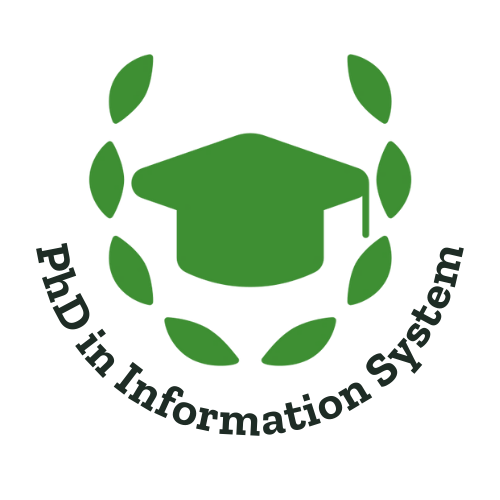Discover the perks of traveling to academic conferences. There are many, but I list four of them here that you could look forward to as you continue your studies as a PhD Student in Information Systems. Of course, these perks or benefits are not peculiar to only PhD Students or academics in Information Systems. It’s a reminder to take the time to plan to go to conferences and to make connections while you’re there.
Perk 1: Funded Academic Conferences
First, the conference is usually paid for by your academic institution. Most universities with a focus on research have budgets for traveling to conferences. Research and publications bring accolades and prestige to the university. Collaboration with other academics is one way to increase one’s productivity in research and publication. A conference is a great place to meet new collaborators. Hence, universities pay for them. Some universities are generous with funding conferences travel, while others are pretty stingy or, shall I say, not as generous. Whichever is the case, conferences can be an investment in your academic future. So, it would be best if you planned to go to at least once a year, out of pocket or funded.
Perk 2: Receive research feedback
Second, you are afforded the opportunity to present your research and receive feedback that could be useful for improving your research study. If you’ve worked hard on writing a research paper and it has been accepted to be presented at a conference, congratulations! When you present it to a wider audience at a conference, it’s a chance to see/hear what others think about it. The academics who come to your presentation are usually the ones whose research are similar to yours. So, you may receive some intense questions.
However, sometimes academics don’t like to publicly give feedback. Giving feedback can reveal a person’s well of or lack of knowledge. You know the saying about keeping quiet and no one will know that you lack knowledge. But speaking, removes all doubt!
In any case, presenting your research to a room of other academics in your field gives you one opportunity to shop or advertise your research. In this way, other academics become familiar with it. So that, when it comes time to submit your study to a journal, the people at the conference may become the academics who are tapped to (blind) review your paper. This is usually a good thing.
Perk 3: Unwinding as one of the perks of traveling to academic conferences
Third, you use the time to unwind a bit. I usually go to conferences with my spouse, and sometimes with the kids. It makes for a small vacation. On the one hand, it’s my way of familiarizing them with academia in the event they want to follow my footsteps (ha!). On the other, It gives them exposure; a chance to see a new city, state, country, or culture.
If you’re a PhD student, and your program is paying for you to travel to a conference, do the work you went there to do, but also remember to take the time to relax a bit even for only 1 day.
When the conference is situated outside of the United States, it gives you a chance to visit a new place and experience the culture. It may be the only time you get to travel to that country in your lifetime, so do enjoy it. In the information Systems domain, the main academic conference (International Conference for Information Systems) takes place outside the United States every other year.
Perk 4: Connecting with other academics is a perk of traveling to academic conferences
Fourth, you connect and reconnect with peers. Focus on meeting and connecting with just a few people, colleagues. They don’t have to be the ones everyone knows or wants to connect with. Sometimes, the people you need in your life are right there and near you. Make them feel important. That’s connection.
Notice, I did not use the term, “networking”.
The term networking can be scary for many academics, especially the ones in STEM fields who consider themselves introverts. Whether you ascribe to the extrovert-introvert labels or not, they are some people who are scared of networking. I think the issue is with the word, ‘networking’.
If you change it to connect and reconnect, you may have more fun, be less apprehensive, and be less likely to treat it like work. Make it a plan to really connect with 1 person a day or 1 person for the duration of the whole conference. Find out about their school, if they’re married, have kids, their city, work experience, their travels, if they’ve seen the city, their aspirations, their goals from the conference, and their research. Notice that research comes last. If you start with research, that’s all you’ll talk about. Show real interest in the person.
If nothing else, you learned something new about someone else.
I conclude by encouraging you to make the most of your time at academic conferences. It could be the only time you visit that country, state, or city that you’re in. Connect with people. Forget about networking

